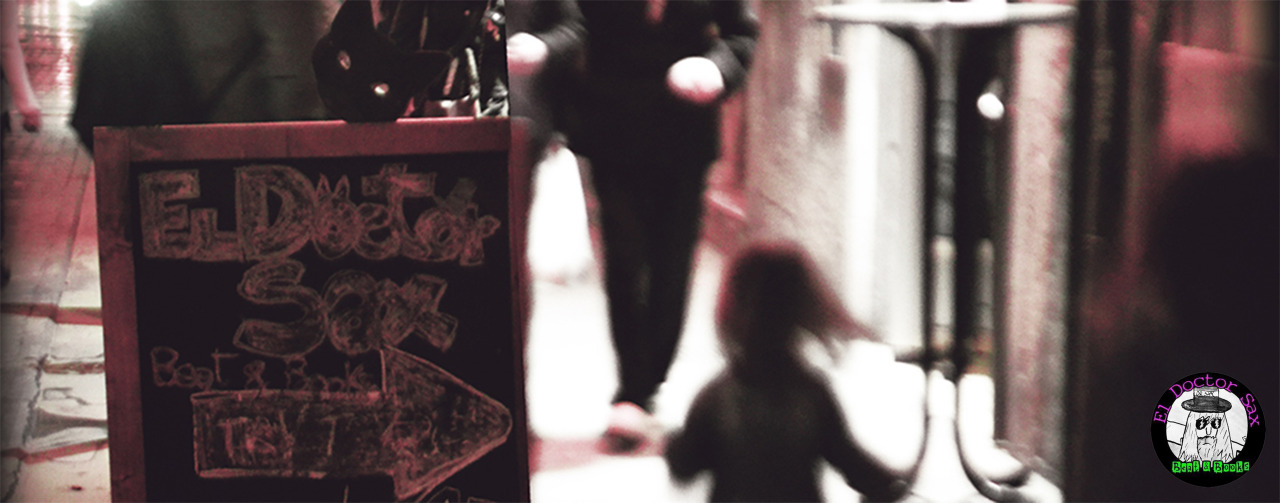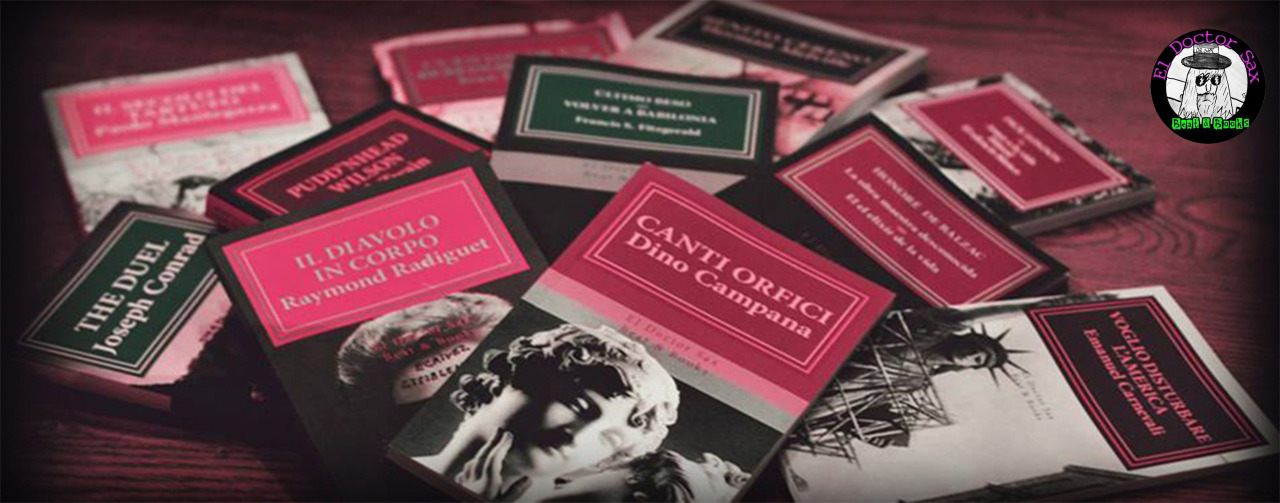Published on the day it is set, April Fool’s Day 1857, The Confidence-Man concerns a group of passengers travelling the Mississippi by steamboat (aptly named the Fidèle) and their various onboard encounters with an enigmatic conman figure (who appears throughout in a variety of disguises). Poorly received at the time of its first publication, The Confidence-Man was indeed Melville’s last novel — he would thereafter turn to poetry and resumed prose fiction only much later in 1885 with the commencement of the unfinished Billy Budd, Sailor. Though largely misunderstood in the mid-19th century, the novel and its central message — that the art of the con lies at the heart of American society — began to garner more appreciation and salience as the decades rolled on. Orson Welles was said to have wanted to make it his first film, before eventually settling for Citizen Kane.
HERMAN MELVILLE (1819-1891) was born in New York. Family hardships forced him to leave school for various occupations, including shipping as a cabin boy to Liverpool in 1839, a voyage that sparked his love for the sea. A shrewd social critic and philosopher in his fiction, he is considered an outstanding writer of the sea and a great stylist who mastered both realistic narrative and a rich, rhythmical prose.
«The relevant book about Trump’s American forebear is Herman Melville’s ‘The Confidence-Man,’ the darkly pessimistic, daringly inventive novel that could just as well have been called “The Art of the Scam”».
Philip Roth
«What started this was, to account, if necessary, for the changed air of the man with the weed, who, throwing off in private the cold garb of decorum, and so giving warmly loose to his genuine heart, seemed almost transformed into another being. This subdued air of softness, too, was toned with melancholy, melancholy unreserved; a thing which, however at variance with propriety, still the more attested his earnestness; for one knows not how it is, but it sometimes happens that, where earnestness is, there, also, is melancholy».
























%20____page-0001.jpg)






